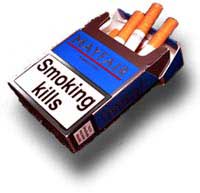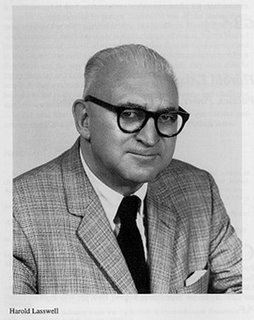First Essay Assignment
Due: Tuesday 3/6Choose
two of the following questions. Your two-part essay must make clear and explicit use of the assigned readings. Essays which are not explicitly and primarily based on the assigned readings will not be accepted. Try to incorporate your blog postings into your essay. Your two-part essay should be six to ten typed pages in length. Use quotation marks and cite your sources clearly using a standard form of citation. Do not plagiarize. Plagiarism is grounds for failure for the entire semester. If you are unsure about what constitutes plagiarism see the instructor immediately.
1. Write an essay discussing what you think are the
4 most important and useful concepts for the analysis of propaganda and the media that you found in the following assigned readings:
Harold Lasswell, “Propaganda,” 1934.
Jacques Ellul, “The Characteristics of Propaganda,” 1965.
Jowett & O’Donnell, Chapter 1: “What is Propaganda . . .”
Chomsky & Herman, Chapter One of Manufacturing Consent
3. Among the documents of the Spanish-American War provided in your reading packet are a number of short speeches: Senator Albert J. Beveridge, President William McKinley, and Booker T. Washington speaking for the war and American expansion; William Jennings Bryan and Carl Schurz speaking against “imperialist” expansion. Using these and any other documents you may choose, discuss in detail the different rhetorical approaches used to persuade the American public that the war and American expansionism was a just or unjust cause. Please discuss the use of race and racism in the arguments for and against American expansion in 1898. Your answer should discuss both the imperialist and the isolationist perspectives.
Compare and contrast the language and rhetoric used in these speeches with a speech by our current president, George W. Bush, on the war in Iraq & Afghanistan. You may also wish to include a WWI speech by Woodrow Wilson in your discussion. What conclusions can you draw from your comparison of these speeches mobilizing America for war in different eras?
4. Discuss the role of the media in the War of 1898. In your answer please use examples from the documents provided. Why did the U.S. go to war? What role did the press have in this decision to declare war on Spain? What effect did the war have on the newspaper business? How does learning about the role of the mass circulation papers in this war help us to understand American propaganda of war in general?
5. Why did Woodrow Wilson create the CPI? What were the problems that the CPI was supposed to address? Describe the CPI, what kinds of people were involved and why? How did Creel and his minions attempt to shape public opinion? Please discuss the relationship between the media and the government in the American mobilization for the Great War. How did the institution of the CPI represent something new in the history of American propaganda? How did the work of the CPI represent a new relationship between the American public and the government? What does this have to do with democracy?
6. George Creel insists that the “house of truth” did not appeal to the emotions of the public but only to reason. What does this have to do with Creel’s background in progressive publicity? Please discuss the conflict between the use of ‘fact’ and rationality vs. images and emotions in WWI propaganda. Could the CPI have won the battle for public opinion with facts alone? What does the shift from the fact based propaganda of rational argument toward emotional propaganda images tell us? How does this shift from rational argument to emotional appeal represent changing ideas about the public mind, about social psychology and about the best way to manage public opinion? Creel also wrote that the work of the CPI was about “expression” not “suppression,” what did he mean? Was this true?
7. What lesson did the practitioners of the new profession of public relations learn from WWI? In their search for new ideas and techniques with which manage public opinion, the pioneers of public relations--men like Ivy Lee, Edward Bernays, and intellectuals like Walter Lippmann--turned to psychology for answers about how to shape the public mind. What did they learn about this “public mind” from the psychologists? What were Lippmann’s ideas about Public Opinion? How did men like Edward Bernays apply these lessons to the business of public relations?













